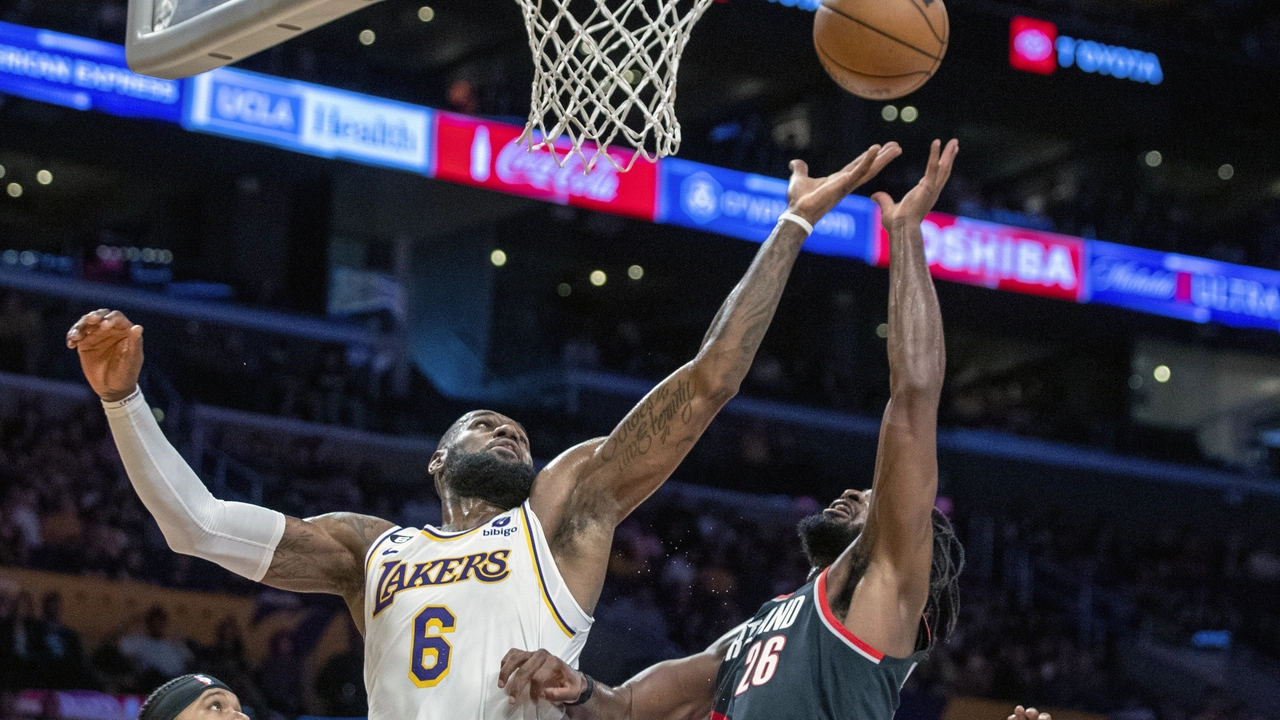Retirement in Sports: Practical Tips for a Smooth Transition
Thinking about retirement? Whether you’re an athlete eyeing the finish line or a fan wondering how your heroes handle life after the game, the next steps matter. Forget the hype—real retirement is about finances, health, and finding a new purpose. Let’s break it down in plain English.
Why Retirement Matters in Sports
A sports career can end abruptly—injury, age, or a contract that isn’t renewed. That sudden shift can hit your wallet and identity hard if you’re not prepared. Most athletes earn big bucks early, but those earnings can disappear fast without a plan. Knowing the stakes early helps you avoid panic when the final whistle blows.
Smart Steps to Plan Your Post‑Career Life
1. Set a financial buffer. Aim to save at least a year’s worth of living expenses before you retire. Treat it like a non‑negotiable bill—automate contributions to a high‑yield savings account or low‑risk investment.
2. Get a health check. Your body has carried heavy loads; chronic injuries are common. Schedule a comprehensive exam, update vaccinations, and work with a physiotherapist to create a maintenance routine that keeps you active without over‑doing it.
3. Explore new skills. Online courses, certifications, or even a hobby turned side‑gig can open doors. Many former players move into coaching, commentary, or business. Pick something you enjoy now, not after you’re out of the game.
4. Build a support network. Stay close to family, friends, and former teammates who understand the transition. Professional counselors or career coaches who specialize in athlete retirements can also provide guidance.
5. Plan your identity shift. Your name might be tied to a jersey, but you have more to offer. Write down interests beyond sports—travel, entrepreneurship, philanthropy—and set small goals to pursue them.
6. Check your contracts. Some leagues offer post‑career benefits, pension plans, or health coverage. Read the fine print or ask a sports lawyer to make sure you claim every entitlement.
7. Stay in the community. Volunteering at local clubs, youth programs, or charity events keeps you connected to the sport you love while giving back. It also builds a resume for future roles.
Retirement isn’t a sudden drop—it’s a gradual shift you can steer. Start laying the groundwork now, even if you’re years away from the final game. By treating it like any other career move, you’ll keep your finances stable, your health in check, and your sense of purpose alive.
Got questions about a specific sport’s retirement process? Drop a comment, and we’ll dig into the details. Your next chapter can be just as rewarding as the one you’re leaving behind.
Rob Gronkowski, widely considered one of the greatest tight ends in NFL history, announced his retirement from professional football on March 24, 2019. After nine illustrious seasons in the NFL, the three-time Super Bowl champion and five-time Pro Bowler has decided to call it a career. Gronkowski cited his need for long-term health and quality of life as the primary reason for his retirement. He is leaving the game on top, having been selected to the Pro Bowl in each of his last four seasons, and helping the New England Patriots secure their sixth Super Bowl title in February 2019. Gronkowski will now look to pursue a career in entertainment, where he has already made some headway with his appearance on Fox's hit show "The Masked Singer."
View More




